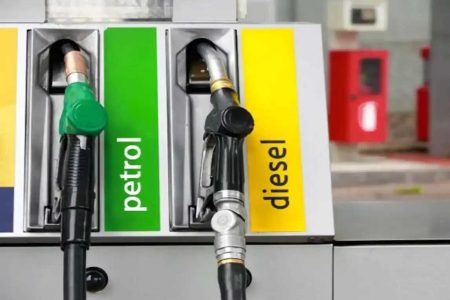New Delhi: As the General Election for Lok Sabha knocks at the door, state-run Oil Marketing Companies (OMCs) have announced a significant reduction in petrol and diesel prices by Rs 2 per litre, effective from 6 am on March 15, in a move set to bring relief to millions of consumers across the nation.
According to the latest update, petrol prices in the national capital, Delhi, are now fixed at Rs 94.72 per litre, down from the earlier Rs 96.72 per litre. Similarly, diesel will now be retailed at Rs 87.62 per litre. This decision by the OMCs comes at a crucial juncture as the country gears up for the upcoming Lok Sabha elections.
The Ministry of Petroleum and Natural Gas emphasized the positive impact of this reduction on the economy, stating, “Reduction in petrol and diesel prices will boost consumer spending and reduce operating costs for over 58 lakh heavy goods vehicles running on diesel, 6 crore cars, and 27 crore two-wheelers.”
This move marks a significant shift after nearly two years of unchanged fuel prices in India, despite fluctuations in global crude oil rates. Traditionally, OMCs—comprising Indian Oil Corporation Ltd (IOCL), Bharat Petroleum Corporation Limited (BPCL), and Hindustan Petroleum Corporation Limited (HPCL)—adjust retail petrol and diesel prices daily, taking into account the rolling average of international benchmark prices over the past 15 days.
The decision to reduce fuel prices is expected to ease the burden on consumers and provide relief to various sectors heavily reliant on diesel for transportation and operations. Moreover, it is likely to have implications on inflation and overall economic activity, providing a much-needed boost as the country heads into the electoral season.
Despite the reduction, uncertainties loom over the future trajectory of fuel prices, with global geopolitical tensions and fluctuations in crude oil markets remaining key factors to watch. However, for now, the reduction in petrol and diesel prices comes as a welcome development for consumers and businesses alike, offering respite amidst economic uncertainties.
As citizens and industries await further developments, the OMCs’ decision to slash fuel prices serves as a timely intervention, addressing concerns over the cost of living and operational expenses, while also setting the stage for broader economic stability in the run-up to the elections.

